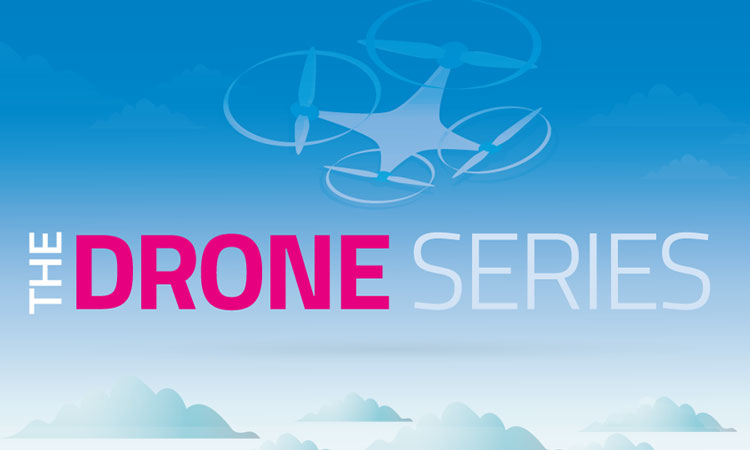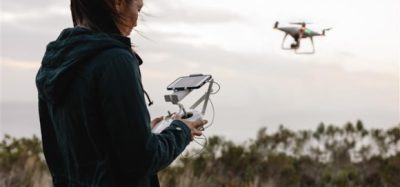Drone Series: Examining the public perception of drone use
- Like
- Digg
- Del
- Tumblr
- VKontakte
- Buffer
- Love This
- Odnoklassniki
- Meneame
- Blogger
- Amazon
- Yahoo Mail
- Gmail
- AOL
- Newsvine
- HackerNews
- Evernote
- MySpace
- Mail.ru
- Viadeo
- Line
- Comments
- Yummly
- SMS
- Viber
- Telegram
- Subscribe
- Skype
- Facebook Messenger
- Kakao
- LiveJournal
- Yammer
- Edgar
- Fintel
- Mix
- Instapaper
- Copy Link
Posted: 30 January 2019 | Parliament Street | No comments yet
Continuing our ‘Drone Series’, the Parliament Street think tank conducted research into the public perception of drones, which reveals that one third of the public back a total ban.


The recent incidents at major UK airports, Gatwick and Heathrow have identified a clear impact that the misuse of these devices can cause, but what effect has this had upon how the public view the use of drones?
Due to the rise in misuse of drones, Parliament Street wanted to understand the public’s attitudes towards the use of drones. To do this, the think tank commissioned independent polling company Censuswide to quiz 2,000 members of the public on the subject. The polling was commissioned in January 2019.
From the results collected, it is clear that the British public have been scarred from the recent disruptions that drones have caused. When asked whether they thought drones should be completely banned from sale, 38 per cent backed this initiative.
When quizzed about whether the UAV devices should be licensed, the public agreed to this. The results of the survey found that overall, 83 per cent called for a mandatory licence system for drones, similar to the existing UK firearm and shotgun restrictions. Of this figure, a staggering 57 per cent of people said they strongly agreed to a mandatory licence system with 26 per cent of people slightly agreeing.
From the results, it is apparent that the British public are fearful of the threats drones can bring. When quizzed about the future, worryingly, 75 per cent of respondents believed that drones will continue to pose a major threat to national security.
Only a mere two per cent of people strongly disagreed that this was the case. As well as this, the survey also looked at why incidents like those at Gatwick and Heathrow caused the chaos that it did. Specifically, the survey asked whether the UK had the necessary cyber skills needed to address the impending threat. A shocking 83 per cent said they believed that the UK needed more to keep up with the latest technology. As well as this, 84 per cent of the public believed that cyber specialists should do more to help the airports and the police to prevent any future attacks that may happen.
Since the recent issues with drones, it is certainly clear that the general public are not happy with how the devices are sold and the accessibility of a potentially dangerous piece of equipment. The impact these unmanned machines can have on national security and the amount of disruption they are able to cause easily cause is a clear concern. From the results collected around the research, there is an obvious need for more regulations to be implemented for this new type of technology to prevent misuse. A simple ban altogether is not necessarily the best route as it will impact those using it for good purposes, but a type of regulation must be implemented to avoid copycat criminals and any more major disruption. It is also evident that we, as a nation are lacking the essential training required to manage such security risks and so therefore must invest heavily in training people in the threats of modern technology.
As a result of the research the think tank provided some suggestions of how to tackle this perceived threat:
- Enforce a license law on drones – similar to that of firearms to prevent misuse of the technology. Also enforcing a register of those who are unable to have them due to misuse
- Plan ahead for implications of new technology – as a nation, we should begin to plan ahead for what could happen to cause disruption and security issues and put measures in place to prevent this before the technology is widely used
- More experts are needed – in times of crisis and disruption, more technical experts are needed to help solve the issue at hand and prevent further damage. We must begin to teach the next generation of workers about emerging technologies to ensure they are prepared for modern life.
















